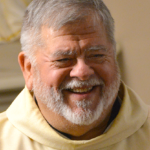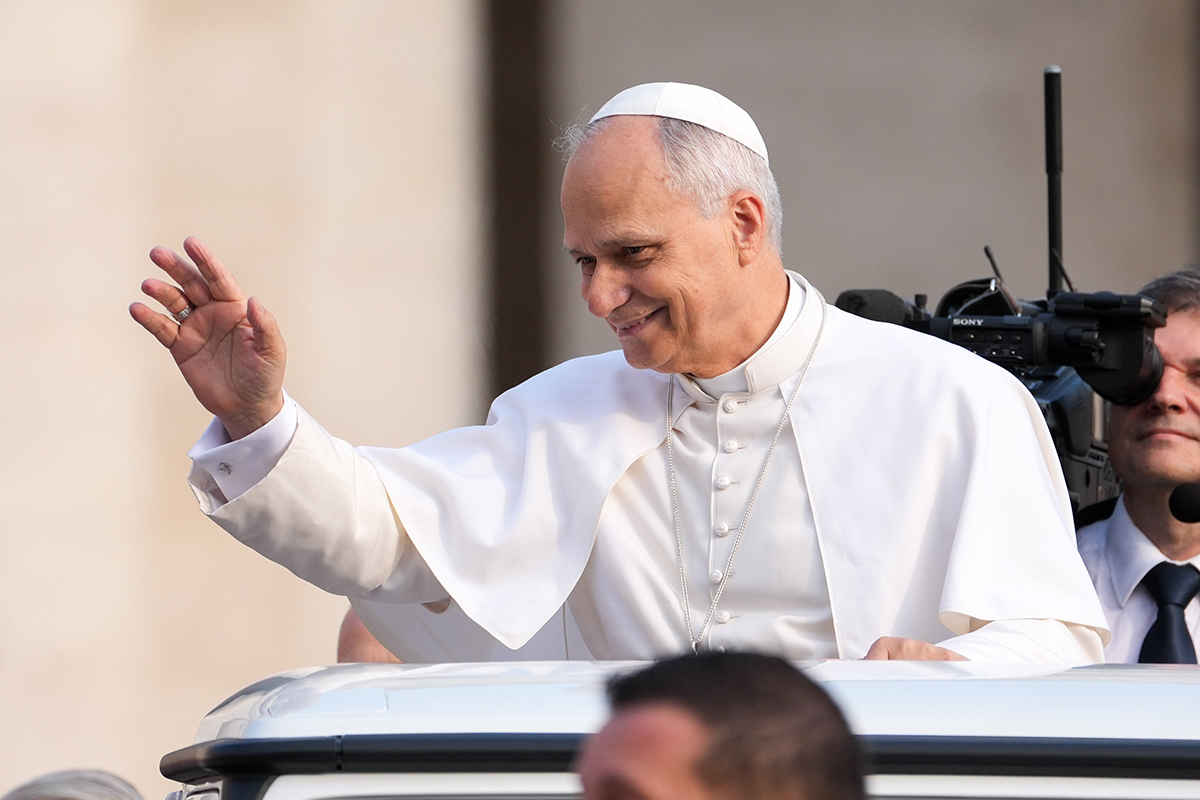SUNDAY SCRIPTURES FOR MAY 18 | God uses each of us as His disciples in the world
This is a good time to become more consciously aware of how we bring the good news to others

From the accounts we’ve been hearing from the Acts of the Apostles, it’s clear that the early Church was not all smooth sailing. Both internally and externally, the community faced many challenges and had to figure out how to proceed. Whether facing external persecution or internal struggles about who belongs, the early Church tried to use the life of Jesus as a template for how the Church and individual disciples should act.
We are told that Paul and Barnabas made their way from one town to the next, preaching Jesus Christ and His way of life. They shared the powers of healing and forgiveness that they had received from Jesus. People were astounded by the power of the early disciples and the early Church, but some also saw threats to the status quo. The early disciples had to first deal with their own betrayal of Jesus and receive into their own minds and hearts His forgiveness. Much of those experiences of formation happened after His resurrection.
One of the early questions that needed to be answered was membership within the community. Was it just to be Jewish people or were Gentiles welcome as well? The situation of the Greek-speaking widows was another particular discussion point. The example that Jesus gave was crystal clear and yet the community struggled, as we do today. When including others might mean the loss of something we think we control, we often ask ourselves whether that other person or group is worth it. Jesus declared, even to the greatest degree, that our enemies and those who hate us are meant to be included in the community of faith.
Another characteristic of the early community was that there should be no one in need and that those who have many possessions would share those with the community. This early community was probably made fun of and belittled because they were attracting people who were not powerful, who had few possessions or influence. It may have seemed to be a waste of resources to welcome people who seemingly have nothing to offer in return. Jesus was clear that each person has his or her own dignity and that dignity means they are worthy of inclusion.
The Scriptures also describe how to act in the face of persecution. Followers of Jesus were imprisoned, beaten, exiled and killed. They continued to preach the good news of Jesus Christ and to act toward those who persecute them the way He acted.
When Paul and Barnabas returned to Antioch, they gave witness to the way that God had used them both with the Jews and the Gentiles. They gave witness to what they had seen and heard, so that people might be able to be encouraged in their faith and know of what a support they have been to Paul and Barnabas on their journey
This might be a good time in the Easter season to ask ourselves: What is our Antioch? Where is it that we consider home, that we can come back to for encouragement and support and the people that we consider to be the foundation of our faith and life? Do we make sure that we return to that home and check in with our sisters and brothers and let them know what God has used us for? Or do we try to do it on our own? What would be our witness about how God is using us to spread the good news? Whatever our own self image is, God uses each of us as His disciples in the world. Take some time to be consciously aware of how we bring the good news to others. If we come to the conclusion that we don’t, maybe it’s time to start acting on that part of discipleship. Go out and let God use us.
Father Donald Wester is retired and serves as lecturer of homiletics at Kenrick-Glennon Seminary.




